Alumni in history
Find out more about figures from the University's past; a mix of household names and more unusual hidden histories, whose lives and achievements are less well known. This list is always growing - please feel free to suggest a historical graduate by emailing: enlightened@ed.ac.uk
Eric Liddell (1902 - 1945)
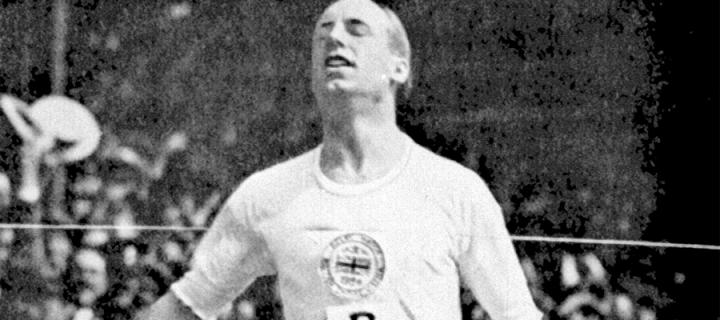
Scottish athlete, rugby union international player, and missionary.
Stan Paterson (1924-2013)

Leading British glaciologist who mined glacial cores that then provided climate data for the world's last 100,000 years.
Awn Alsharif Qasim (1933-2006)
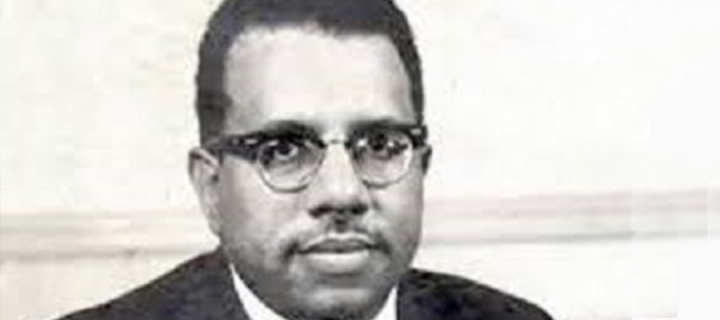
Leading Sudanese scholar, government minister, and expert in Arabic and Islamic culture and language.
Sir Walter Scott (1771-1832)

Marking the 250th anniversary of his birth, we celebrate the life of Sir Walter Scott, Edinburgh's most renowned literary son, through 10 places in Edinburgh and beyond that helped form his life and work.
Michael Shea (1938-2009)
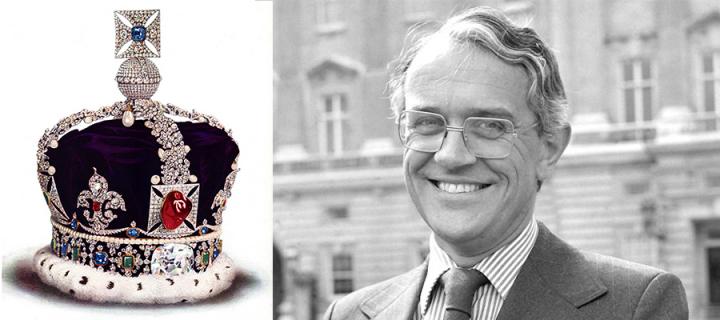
We explore the life of the Scottish diplomat and author, whose involvement in a 1986 royal press crisis recently gripped viewers of 'The Crown'.
Alexander Wood (1817-1884)
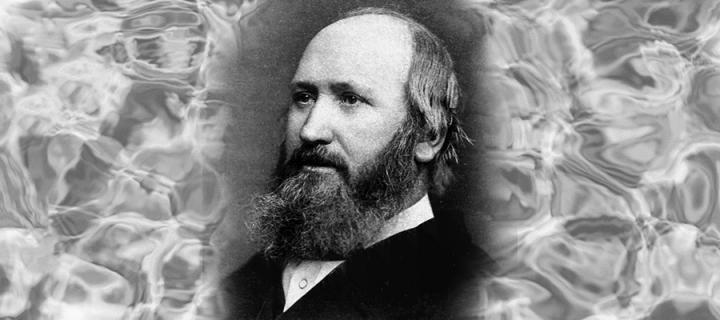
The Scottish physician and President of the Royal College of Physicians of Edinburgh from 1858 to 1861. He invented the first true hypodermic syringe that has made today's mass vaccinations possible.
Elke Mackenzie (1911-1990)
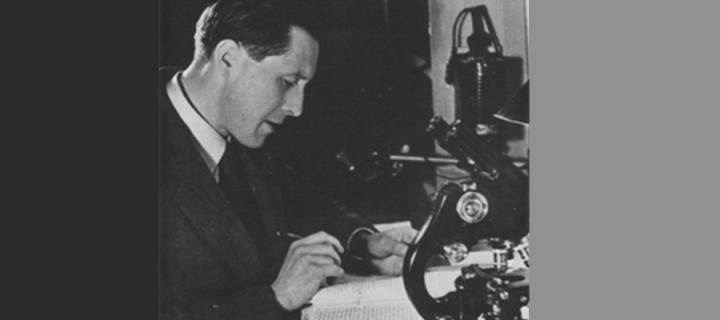
In LGBT+ History Month, we look at the life and work of Elke Mackenzie, known as I.M. Lamb within the field of botany. She specialised in lichenology and was noted for fruitful polar explorations and various influential publications.
Molly Fergusson (1914-1997)
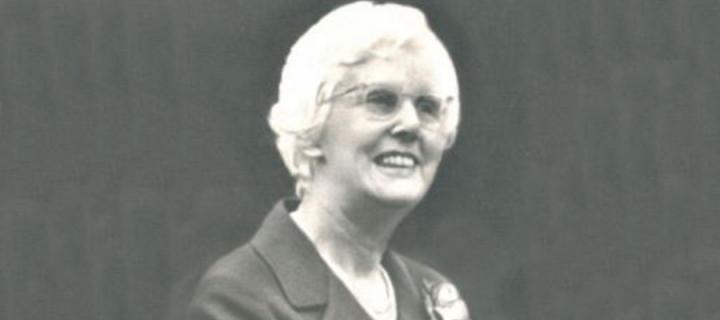
Prolific civil engineer and the first female fellow of the Institution of Civil Engineers, who has inspired a new initiative for women in engineering at the University.
James Sebe Moroka (1891-1985)

Medical doctor and President of the African National Congress from 1949 to 1952.
Arthur Jeffery (1892-1959)

Australian Methodist minister and renowned scholar of Middle Eastern languages and manuscripts.
Mardi Barrie (1930-2004)
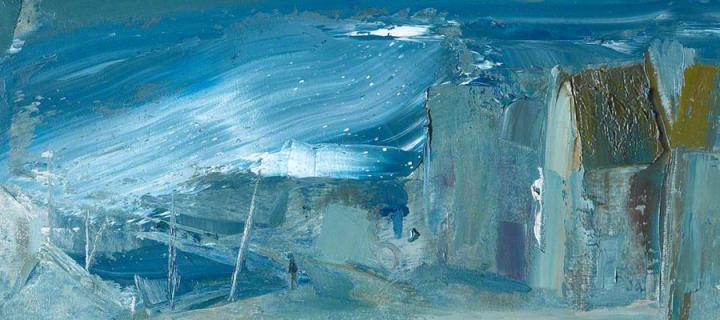
Edinburgh-based postwar painter and teacher who was widely acclaimed and collected throughout her long career.
Alexina McWhinnie (1923-2017)
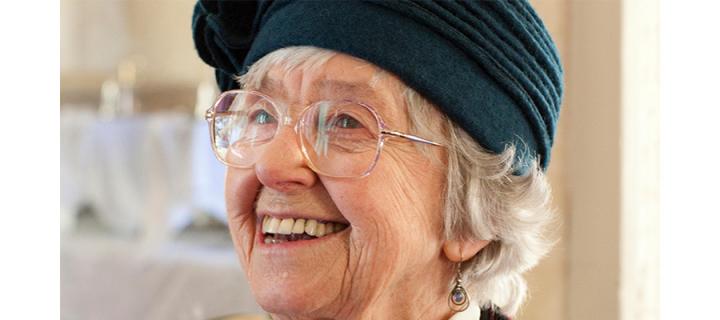
Social worker, researcher, and advocate for the rights of adopted and donor-conceived people.
Marjory Kennedy-Fraser (1857-1930)
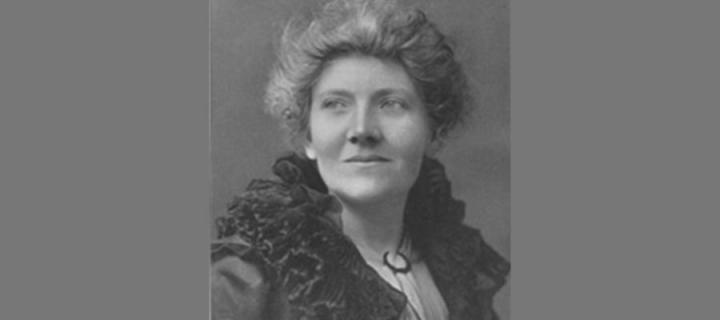
Scottish singer, composer and music teacher who studied as an extra-academical student.
Elizabeth Catherine Carmichael (1880-1928)
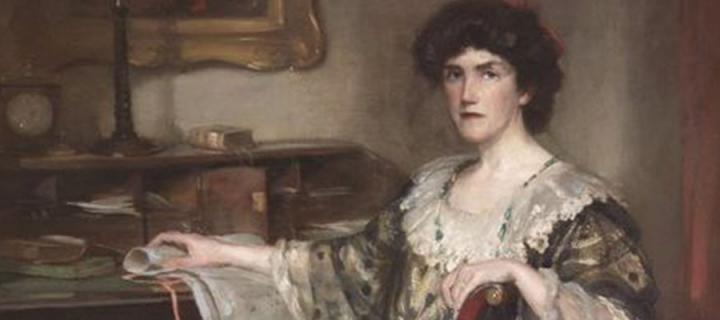
Celtic scholar, Gaelic advocate and acclaimed editor.
Alexander Murray Drennan (1884-1984)
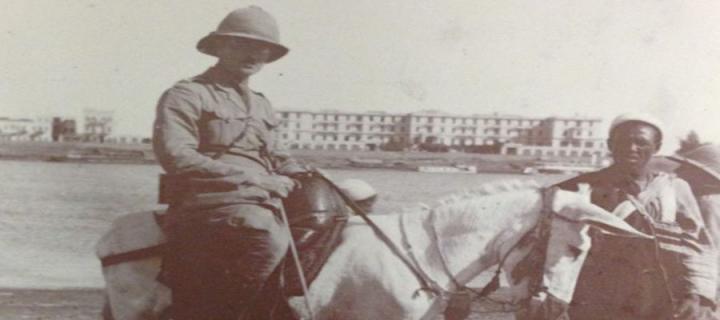
Scottish pathologist who promoted the widespread use of Edinburgh University Solution (Eusol) during the First World War.
Daphne Pochin Mould (1920-2014)
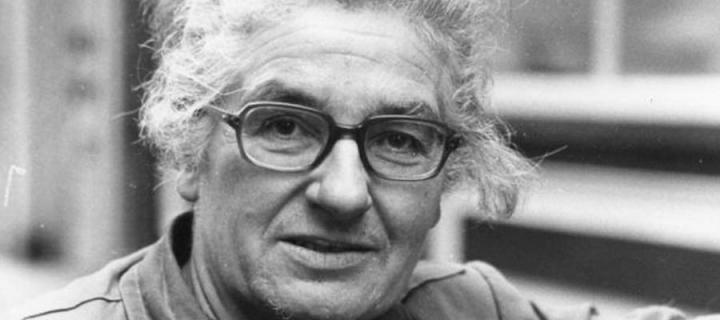
Photographer, broadcaster, geologist, traveller, pilot and Ireland's first female flight instructor.
Edward Abbey (1927-1989)
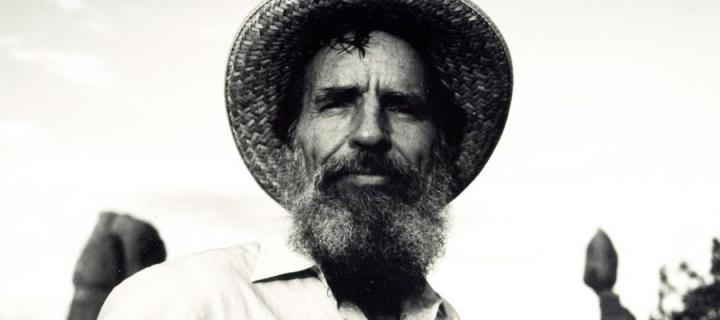
January 29th marks the 93rd anniversary of the birth of Edward Abbey, the influential American writer whose work continues to inspire modern environmentalists, and who spent a year at the University of Edinburgh.
Marion Cameron Gray (1902-1979)
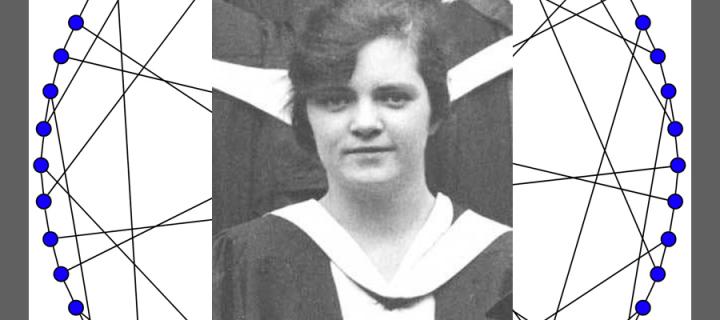
Scottish mathematician who discovered the first graph with 54 vertices and 81 edges while working at American Telephone and Telegraph. The innovative and useful graph is commonly known as the Gray graph.
Helen Adam (1909-1993)
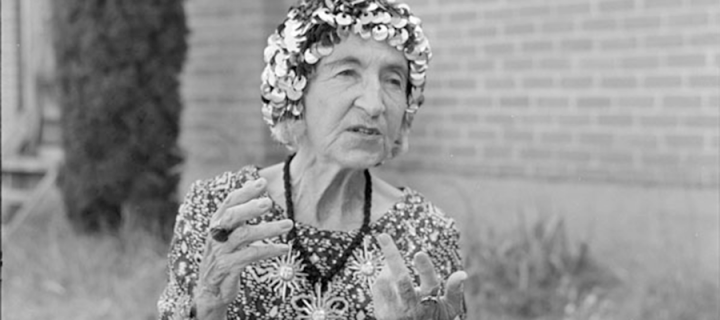
Helen Adam was a Scottish-American poet and visual artist, whose work features tales of fatal romances, sadistic sexual affairs, jealous lovers and vengeful demons.
Sahib Singh Sokhey (1887-1971)
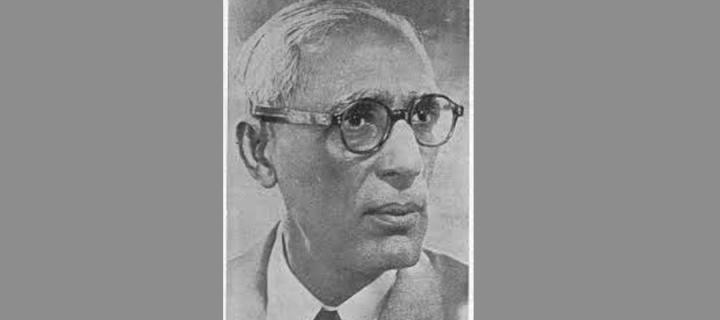
Indian biochemist, British Indian Army general and military physician who was also a nominated member of the Rajya Sabha, the Upper House of the Indian Parliament
Samuel Manuwa (1903-1976)
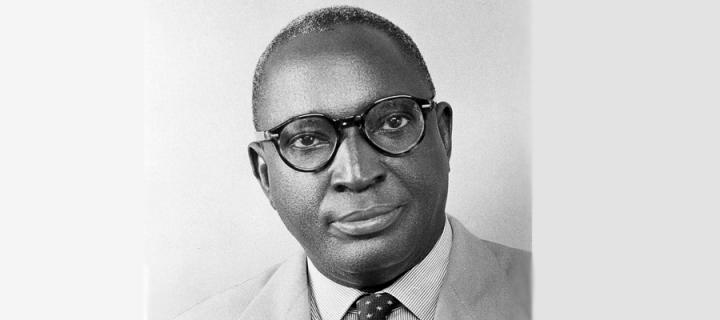
Pioneering Nigerian surgeon, Inspector General of Medical Services, and former Chief Medical Adviser to the Federal Government of Nigeria.
Ruth Adler (1944-1994)
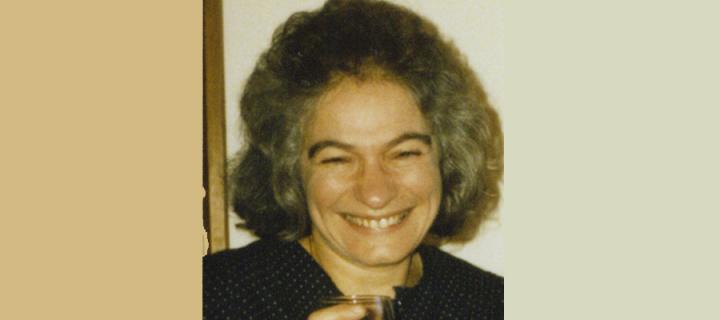
Feminist, human rights campaigner and child welfare advocate.
David Hosack (1769-1835)

Influential physician, botanist, and New York citizen who was the first person to bring European-style landscape architecture to the United States of America.
Shelia Tinney (1918-2010)
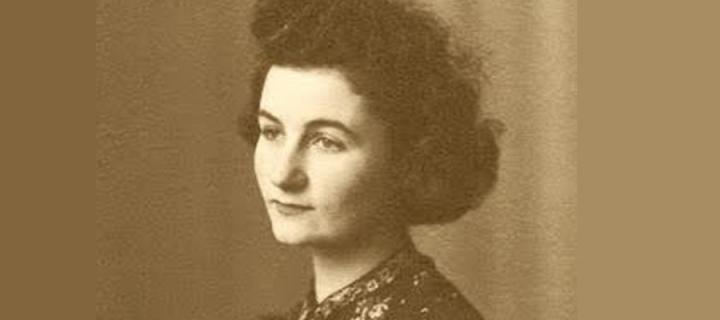
Irish mathematical physicist whose PhD from the University of Edinburgh made her the first Irish-born and -raised woman to receive a doctorate in the mathematical sciences
Bungy Watson (1890 - 1914)
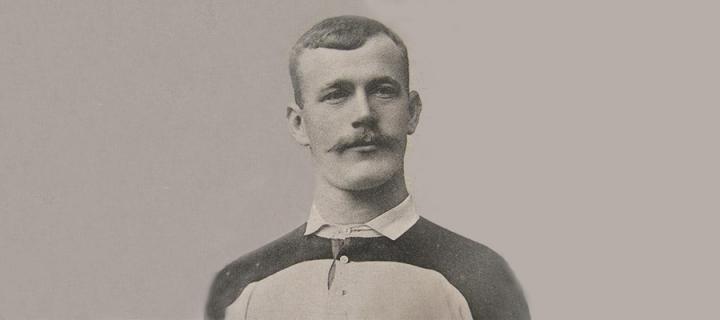
Accomplished English rugby union player and First World War sailor who studied medicine at Edinburgh.
Mona Chalmers Watson (1872 - 1936)
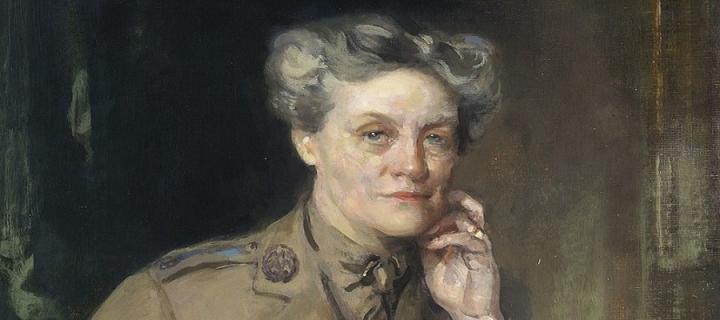
Scottish physician, head of the Women's Army Auxiliary Corps, and the first woman to receive an MD from the University of Edinburgh.
C. K. Scott Moncrieff (1889 - 1930)
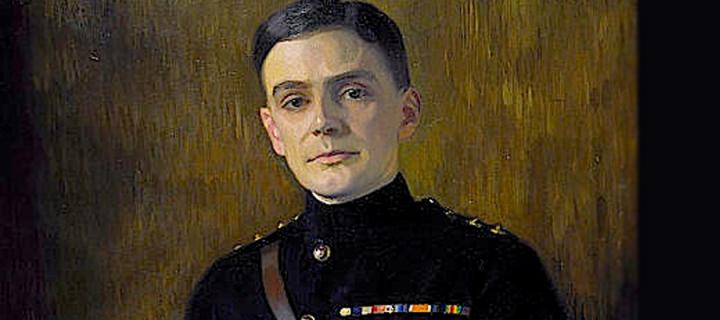
In national LGBT History month, we look at the life of gay writer C. K. Scott Moncrieff, the twice-graduate of Edinburgh who became famous for his English translations of Proust.
Eleanor Anne Ormerod (1828–1901)
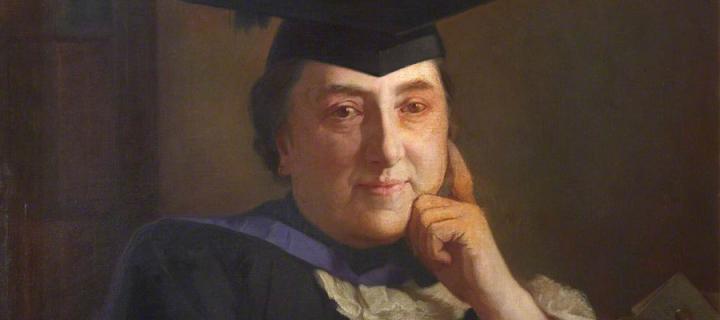
Entomologist who became the first woman Fellow of the Meteorological Society and first woman to be given an honorary doctorate by University of Edinburgh.
Margaret Tait (1918-1999)
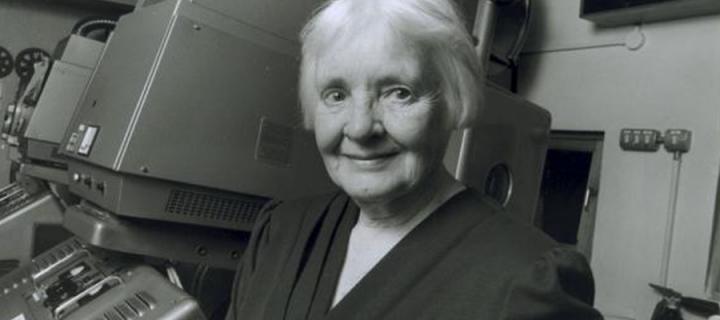
November marks the centenary of the birth of Margaret Tait, the Orcadian medic turned film-maker and poet.
James Blyth (1839 - 1906)

Scottish electrical engineer, and a pioneer in the field of electricity generation through wind power and his wind turbine.
Asrat Woldeyes (1928 – 1999)
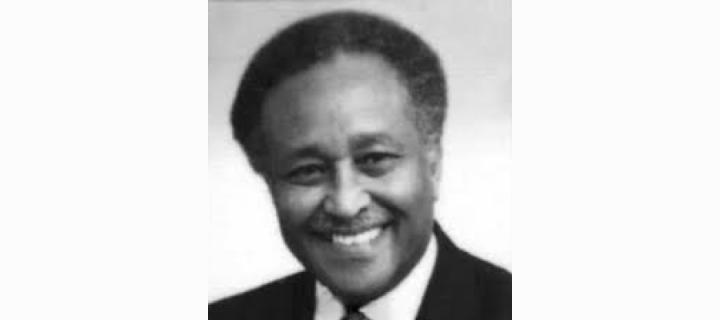
Eminent surgeon and university dean turned political opponent who stood for unity in Ethiopia.
Marion Ross (1903 – 1994)

Scottish physicist and pioneer in X-rays and superconductivity.
Norman Dott (1897-1973)
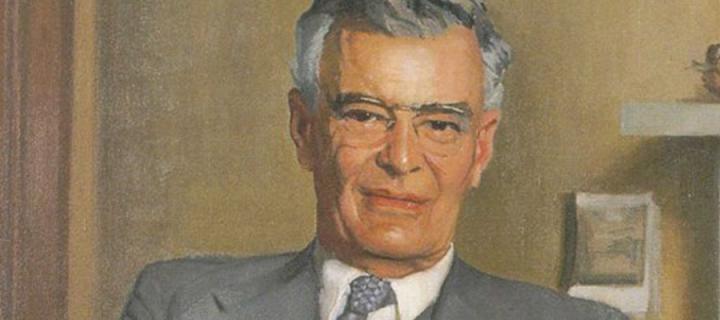
As the NHS celebrates its 70th anniversary, we take a look at the life of Professor Norman Dott, who helped establish the University's neurology department in 1960.
Agnes Yewande Savage (1906 – 1964)
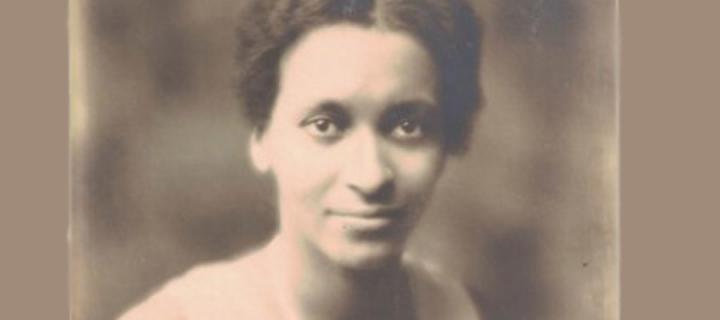
Influential Scottish-Nigerian doctor, and the first woman of West African heritage to train and qualify in orthodox medicine.
Jennie Lee (1904 - 1988)
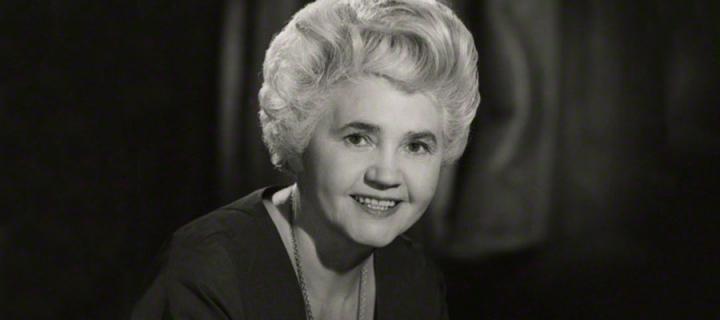
One of the first woman MPs, prominent socialist, and leading founder of the Open University.
Robert Garioch (1909 - 1981)
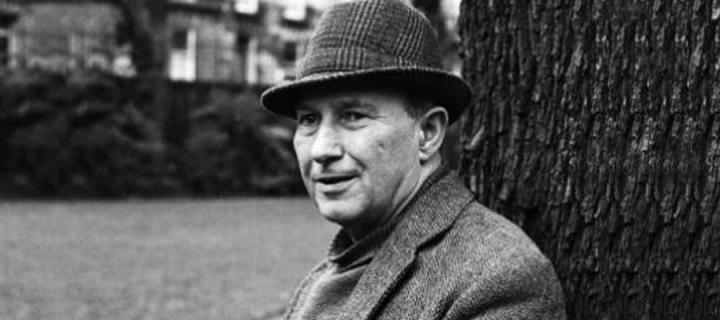
Sharp-witted poet famed for his wry commentaries on Edinburgh life.
Elizabeth G. K. Hewat (1895 - 1968)
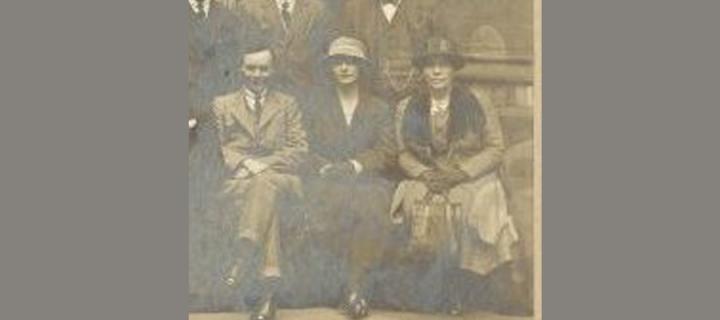
The first woman to graduate with BD and PhD degrees from New College.
John P. Mackintosh (1929 - 1978)
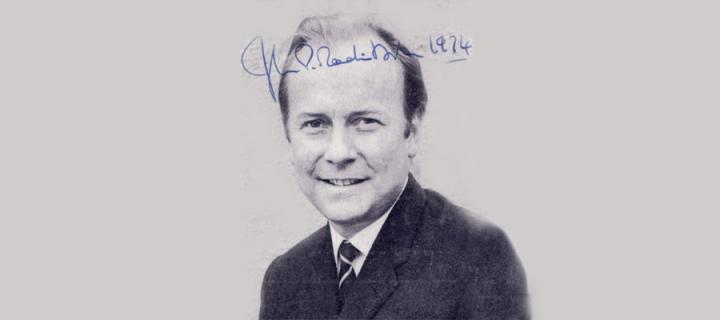
To commemorate the 40th anniversary of his death, we look at the life of John P. Mackintosh - politician, professor, writer, and proponent of Scottish devolution.
Patrick Heron Watson 1832 – 1907
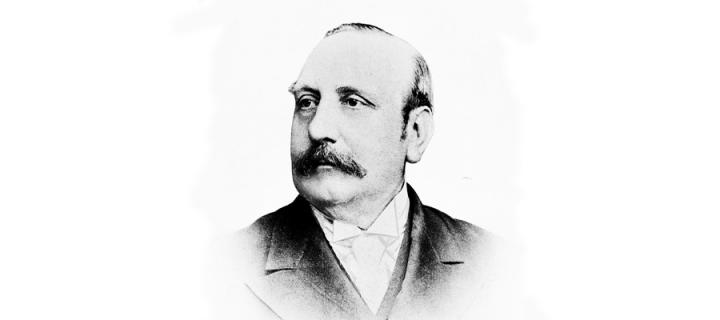
Eminent surgeon, pioneer of medical anaesthesia, and advocate for women working in surgery and medicine.
Alexander Aitken (1895-1967)

Regarded as one of New Zealand's greatest mathematicians and Chair of Mathematics at the University from 1946 to 1965.
Ian Charleson (1949 – 1990)
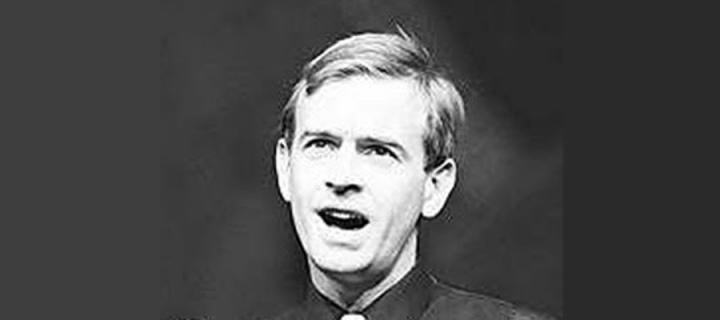
Celebrated stage and film actor who played fellow graduate Eric Liddell in 'Chariots of Fire'.
Dr Isabella Pringle (1876-1963)
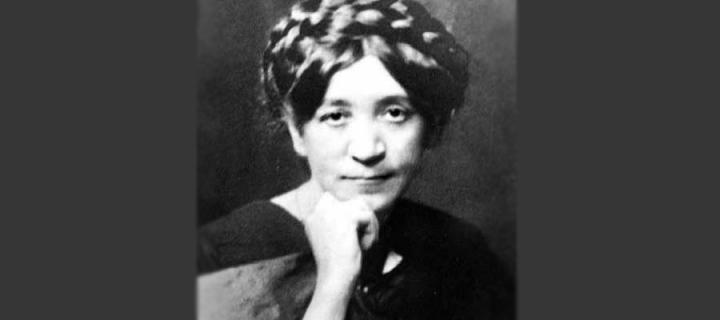
Missionary, child health pioneer, and the first female Fellow of the Royal College of Physicians of Edinburgh
James Burnett, Lord Monboddo (1714-1799)
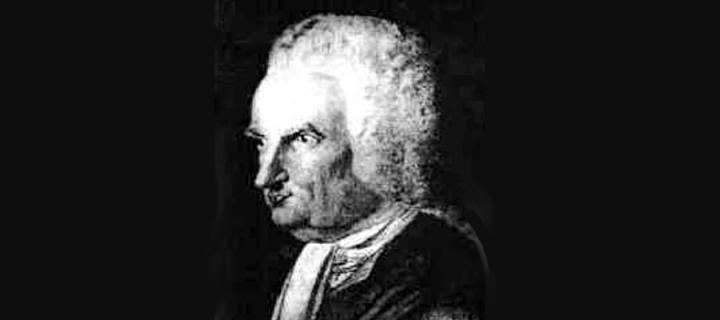
Judge, philosopher and founder of modern comparative historical linguistics.
John Baillie (1886-1960)
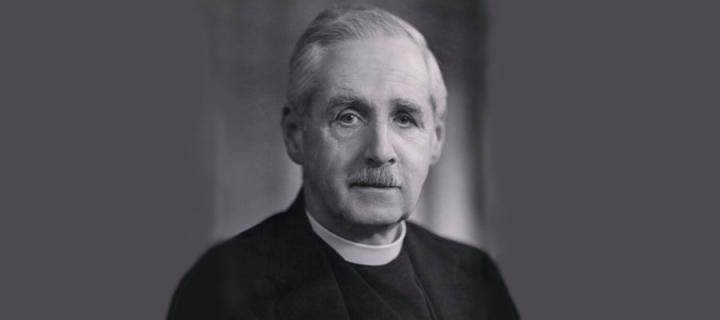
Scottish theologian and Church of Scotland minister.
Viscount Palmerston (1784 – 1865)
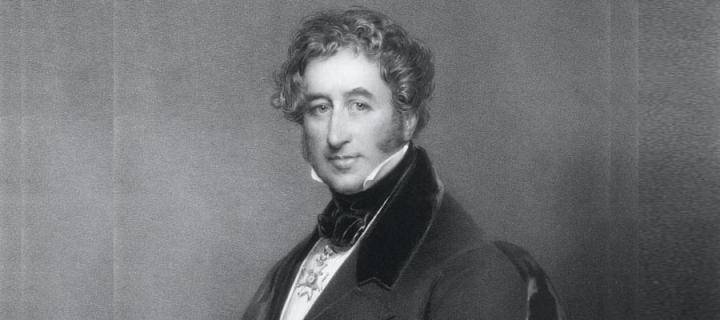
Following this month's General Election, we take a look at the life of former Prime Minister Viscount Palmerston.
William Soutar (1898 – 1943)

Scottish poet and diarist, known for his ‘bairn rhymes’, and recently honoured by the City of Edinburgh.
Ronald Fairbairn (1889 – 1964)
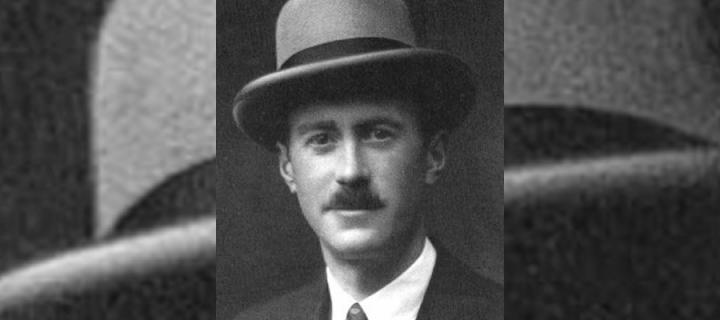
Psychiatrist, psychoanalyst and the father of the object relations theory of psychoanalysis.
Vivien Kellems (1896–1975)
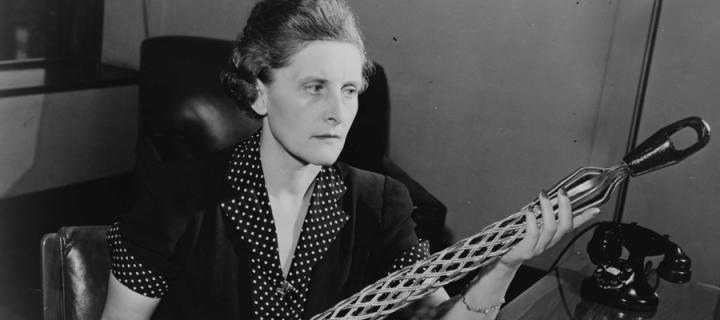
Industrialist, politician and inventor who became known for her battle with the US taxman.
Neil Paterson (1915-1995)
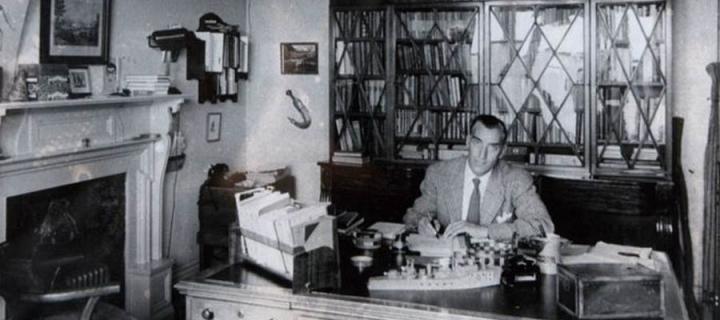
Academy Award-winning screenplay writer, novelist and captain of Dundee United.
Thomas Brisbane (1773-1860)

Celebrated Scottish astronomer, soldier and Governor of New South Wales.
William Speirs Bruce (1867 – 1921)
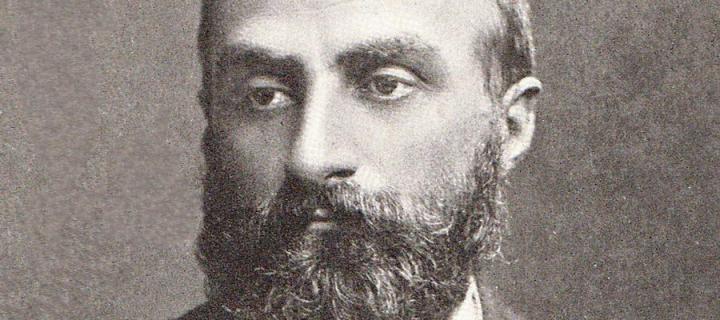
Scottish naturalist, polar scientist and oceanographer who led the first and only Scottish National Antarctic Expedition.
James Lind (1716 – 1794)
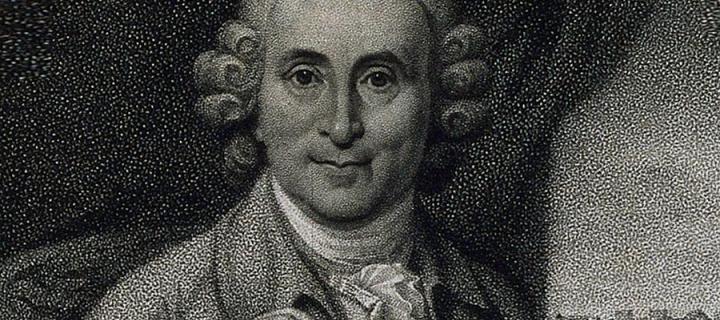
October 2016 marks the tercentenary of the birth of James Lind, the Edinburgh alumnus who pioneered the use of citrus fruits to treat scurvy.
Gertrude Herzfeld (1890 – 1981)

The first practising women surgeon in Scotland and a trailblazer for future generations of female medical students.
James Hutton (1726 – 1797)
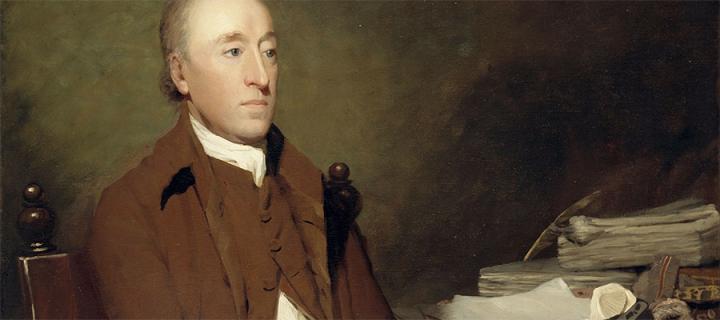
The founder of modern geology, James Hutton lived a colourful life before devoting himself to the study of the origins of the Earth.
Dr Hugh Cleghorn (1820 – 1895)
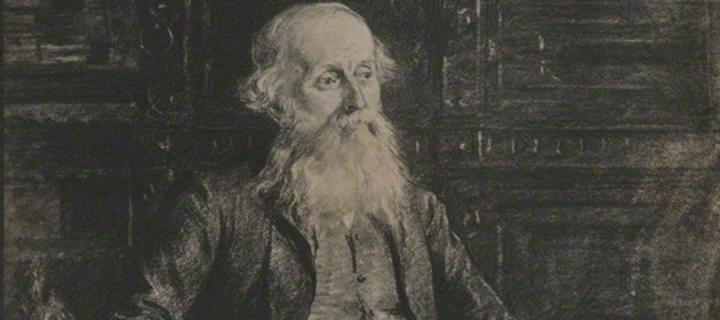
Madras-born Scottish physician, pioneering botanist and forest conservationist in India.
Robert Stirling (1790-1878)
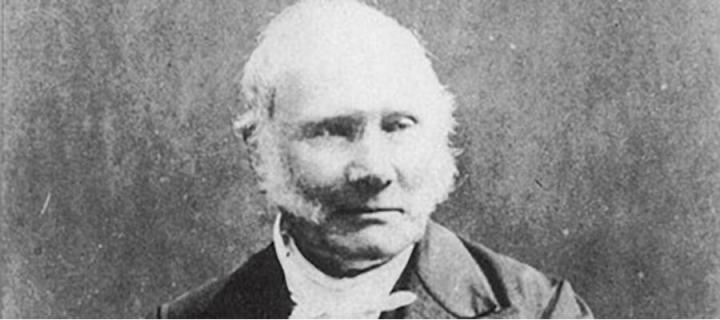
A church minister who invented an engine that was two centuries ahead of its time and is just coming into its own.
Lilian Lindsay (1871 - 1960)
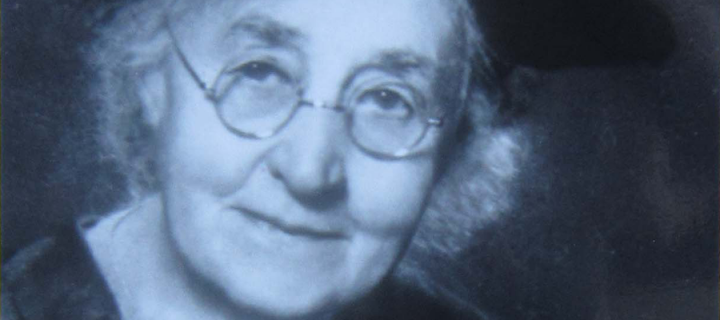
The first British woman to qualify as a dentist and the first female president of the British Dental Association.
David Hume (1711 – 1776)
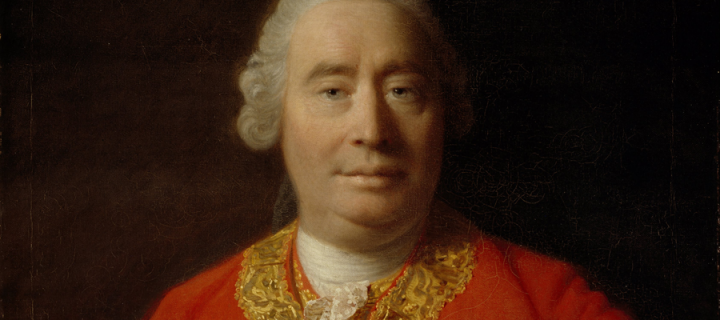
The most influential thinker of the Scottish Enlightenment and one of the greatest philosophers of all time.
Klaus Fuchs (1911 – 1988)
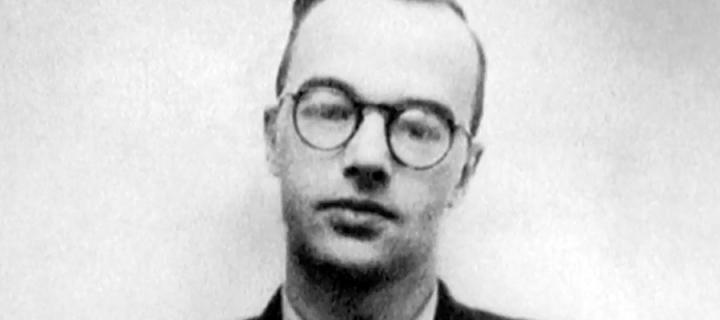
German-born physicist and spy who was arrested and convicted for giving vital atomic-research secrets to the Soviet Union.
Phyllis Mary Bone (1894 – 1972)
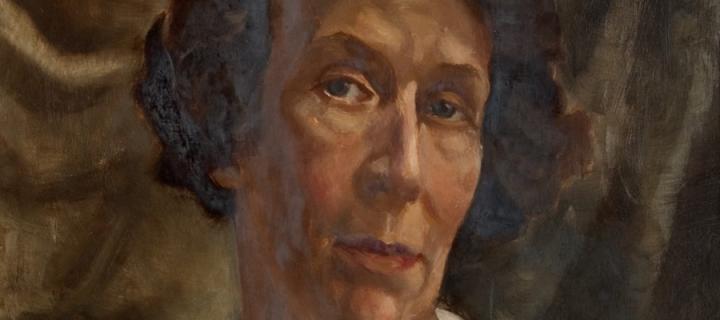
Sculptor and Edinburgh College of Art graduate who left her mark on Ashworth Laboratories at King’s Buildings.
Peter Mark Roget (1779 – 1869)
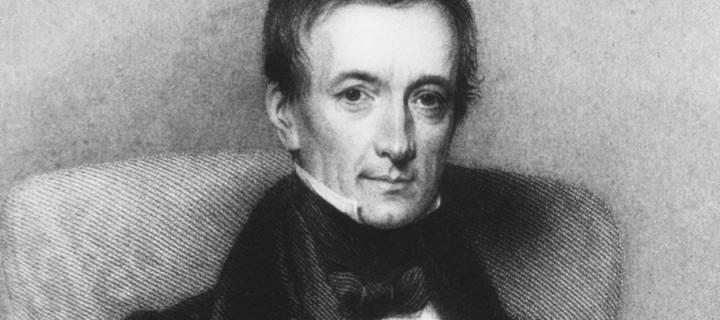
A scholar and physician best known for publishing the Thesaurus of English Words and Phrases.
Flora Philip (1865 – 1943)
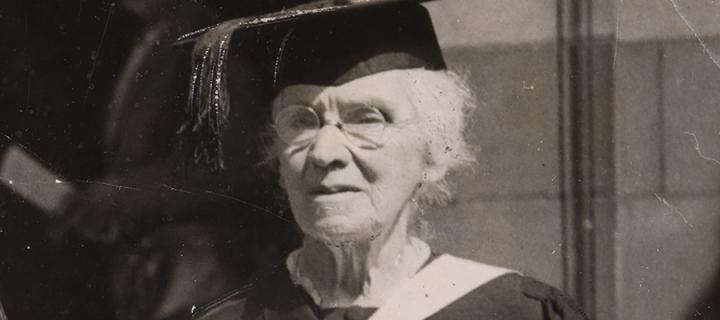
The first female member of the Edinburgh Mathematical Society and one of the first women to graduate from the University in 1893.
Dr Robert Knox (1791 – 1862)
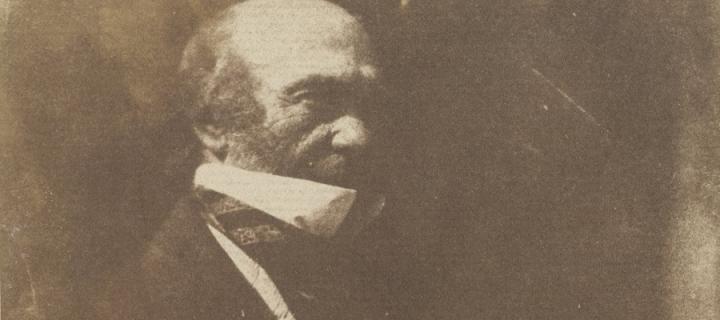
Prior to his infamous involvement in the Burke and Hare murders, Robert Knox was a renowned lecturer of anatomy, esteemed zoologist, ethnologist and doctor.
Bhagvat Singh (1865 – 1944)
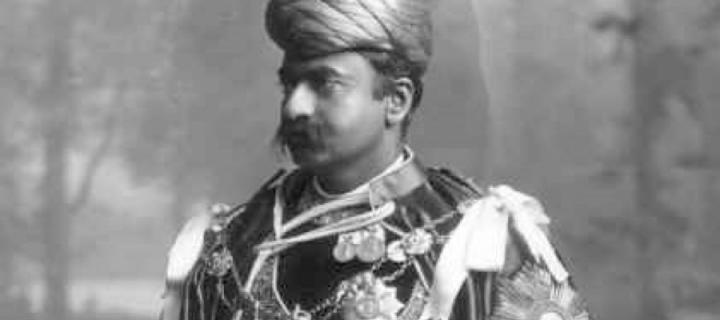
The world’s eighth longest serving monarch with a reputation for progressive thinking was also the only Maharaja to be awarded a degree.
Anne Redpath (1895 – 1965)
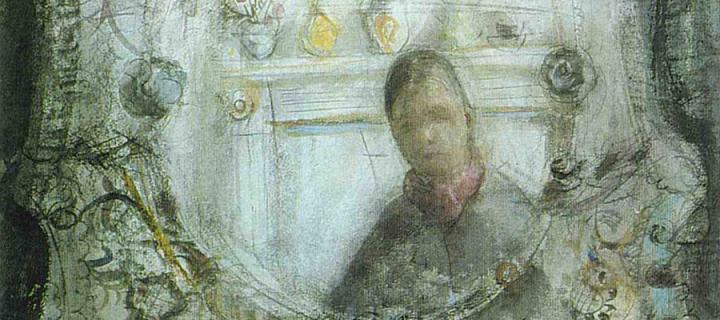
A prominent career as a painter led her to be the first woman to become an Academician of the Royal Scottish Academy and an influential member of the Scottish art world.
Robert Louis Stevenson (1850 - 1894)
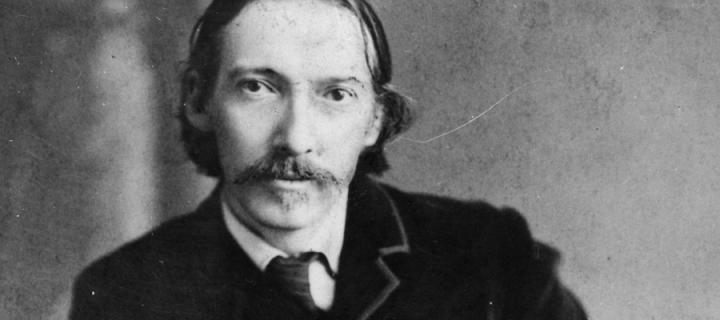
Scottish novelist, poet, essayist and travel writer who wrote much the loved classics ‘Treasure Island’ and ‘Strange Case of Dr Jekyll and Mr Hyde.’
Elijah McCoy (1844 - 1929)
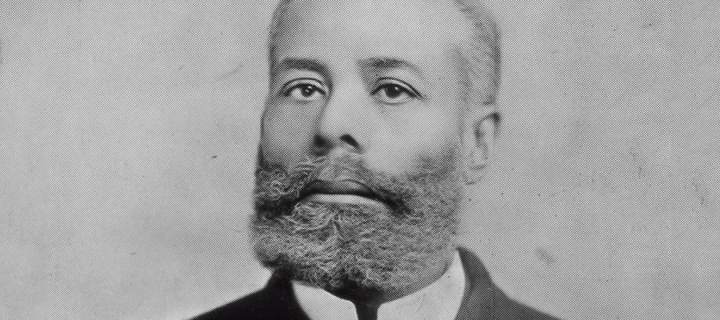
Canadian-American inventor and engineer and possible source of the phrase, "the real McCoy”.
Sophia Jex-Blake (1840 – 1912)

British physician and pioneer for medical education for women, Sophia Jex-Blake studied medicine at Edinburgh but was forced to take her degree in Switzerland.
Charles Darwin (1809 – 1882)
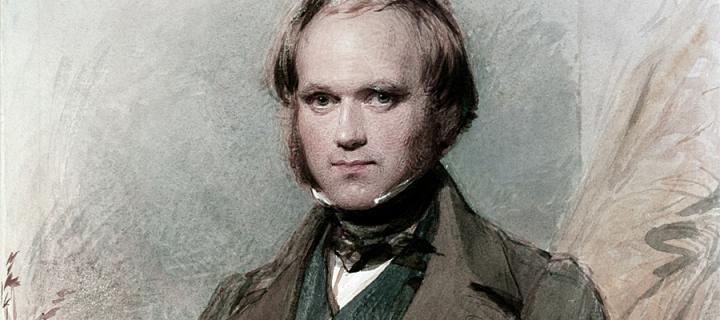
Naturalist and geologist Charles Darwin’s radical ideas shaped modern thinking about where we come from.
Charlotte Auerbach (1899 - 1994)
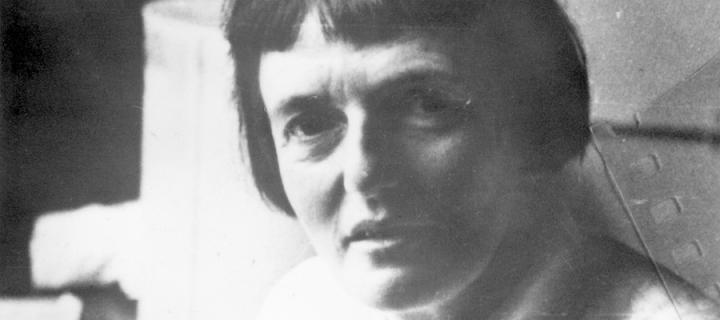
A Jewish-German zoologist and geneticist who fled Nazism in Germany to pursue her PhD in genetics at the University of Edinburgh.
Sorley MacLean (1911 - 1996)
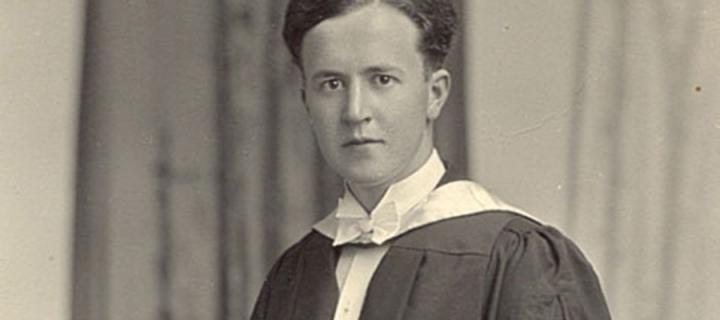
One of Scotland’s most significant 20th century poets who helped to usher in a new era for Gaelic Poetry.
J M Barrie (1860 - 1937)
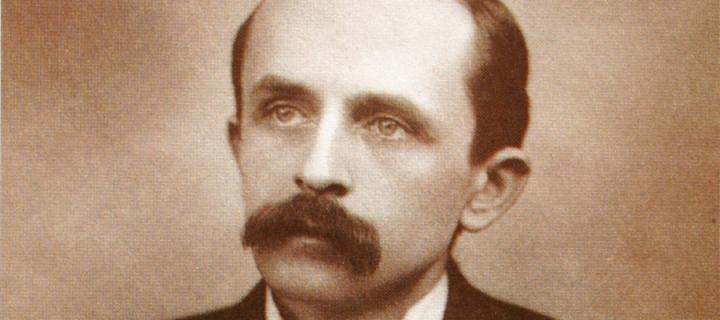
One of Scotland’s greatest novelists and dramatists and remembered fondly by many as the creator of Peter Pan.
Christina Cruikshank Miller (1899 - 2001)
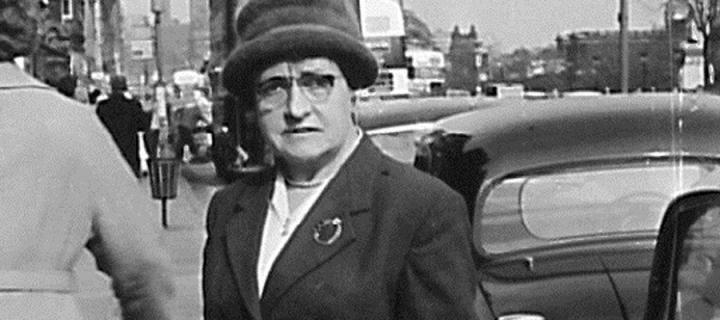
A distinguished career in Chemistry led her to be one of the first five women to be elected to the Royal Society of Edinburgh.
John Witherspoon (1723 - 1794)
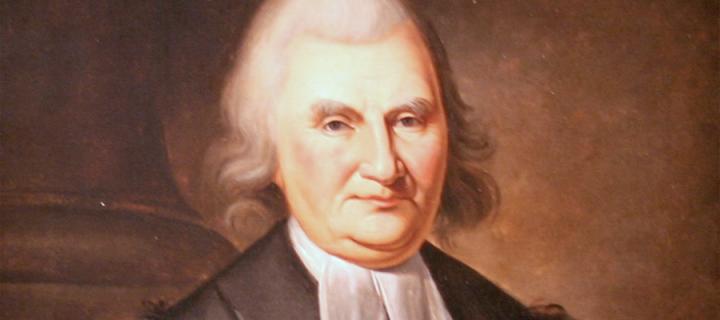
A Scot who helped to shape America as a signatory of the Declaration of Independence.
Chrystal MacMillan (1872 - 1937)

The University's first female science graduate, but also a pioneering feminist and pacifist.
Dugald Stewart (1753 - 1828)
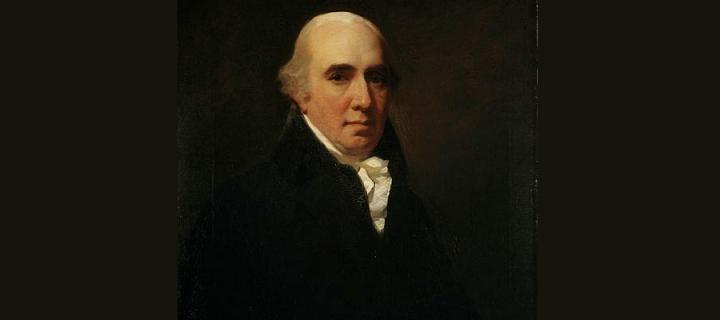
A leading figure of the 18th Century Scottish Enlightenment and a major exponent of the Scottish common sense school of philosophy.
Honor Fell (1900 - 1986)
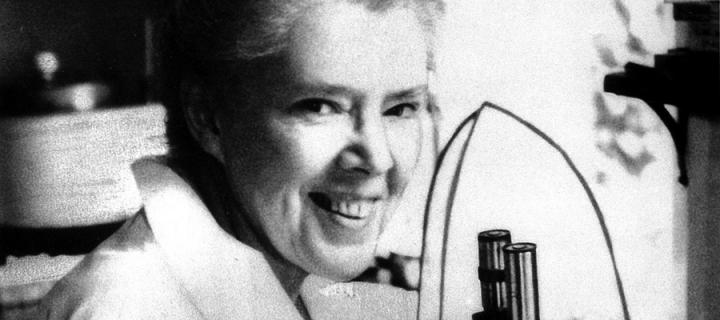
Edinburgh Zoology graduate and long-time Director of Strangeways Research Laboratory.
Eric Ottleben Callen (1912 - 1970)
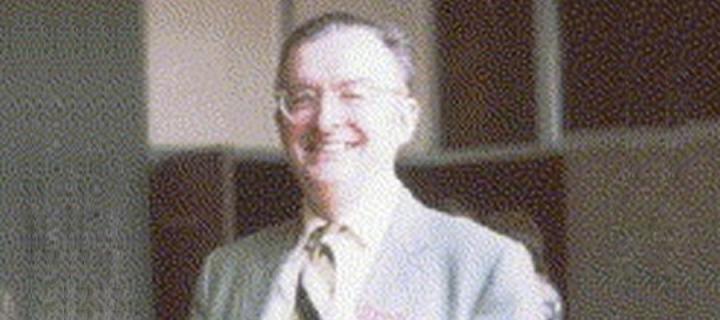
A botanist whose studies of human coprolite analysis regarded as essential in our understanding of ancient life and human origins.
James Barry (1795 - 1865)
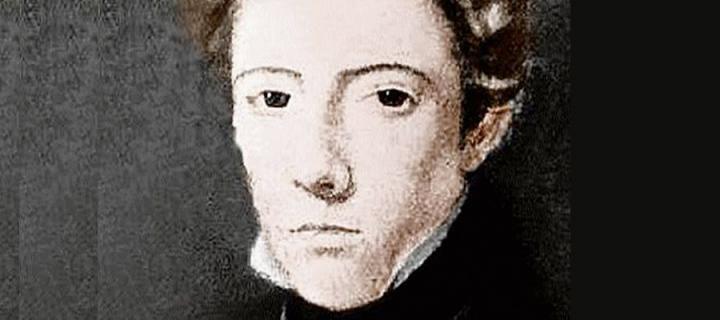
A pioneering British Army surgeon and, in all probability, the daughter of a grocer from Cork.
John Hutton Balfour (1808 - 1884)
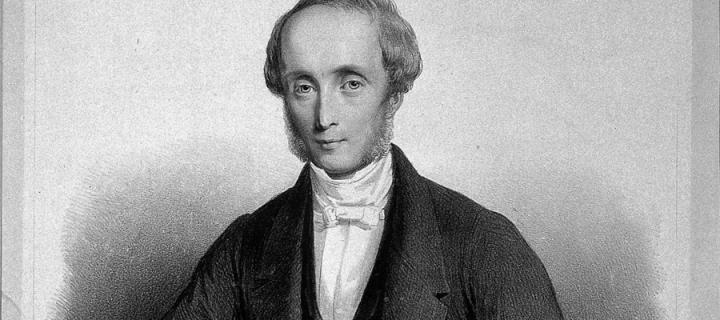
Founder of the Edinburgh Botanical Society and an influential figure in the promotion and understanding of botanical sciences.
John Rae (1813-1893)
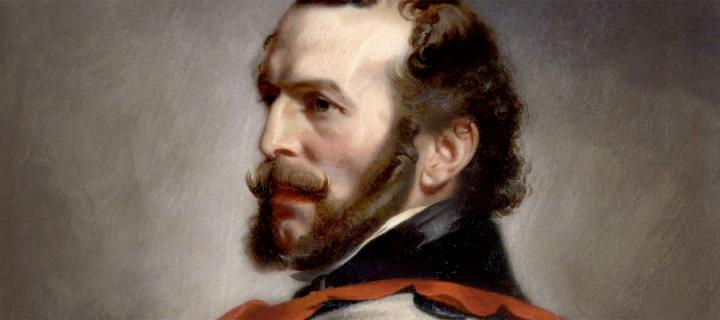
Alumnus who solved the two greatest mysteries of 19th-century Arctic exploration.
Yun Posun (1897 – 1990)
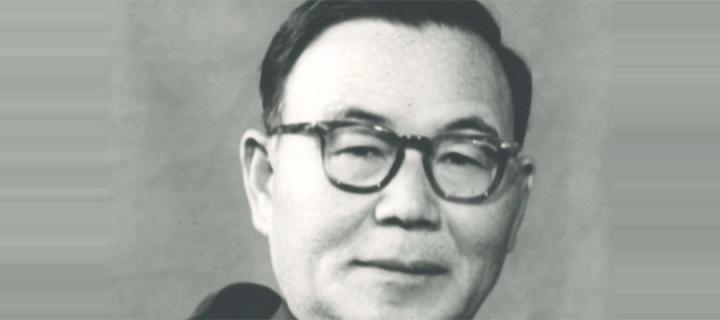
1930 graduate and former President of South Korea.
Samuel Smiles (1812 - 1904)
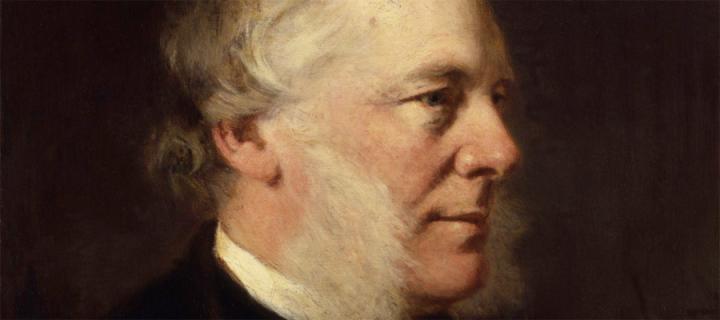
A medical graduate from Haddington who moved south and became the father of the modern self-help book.

